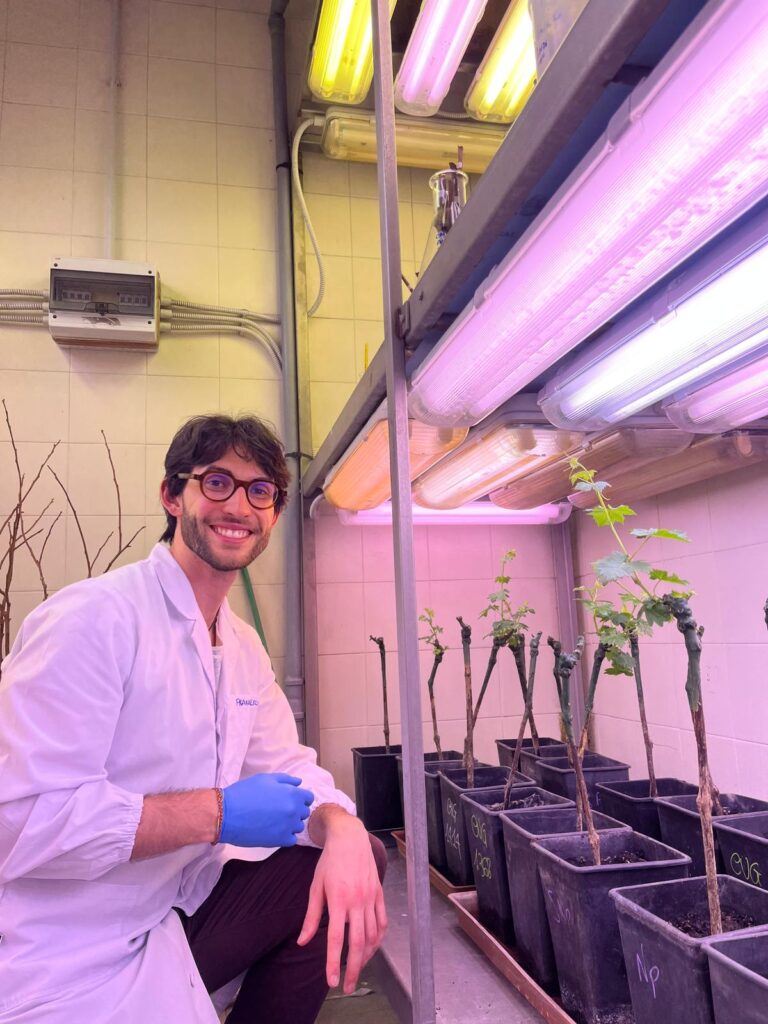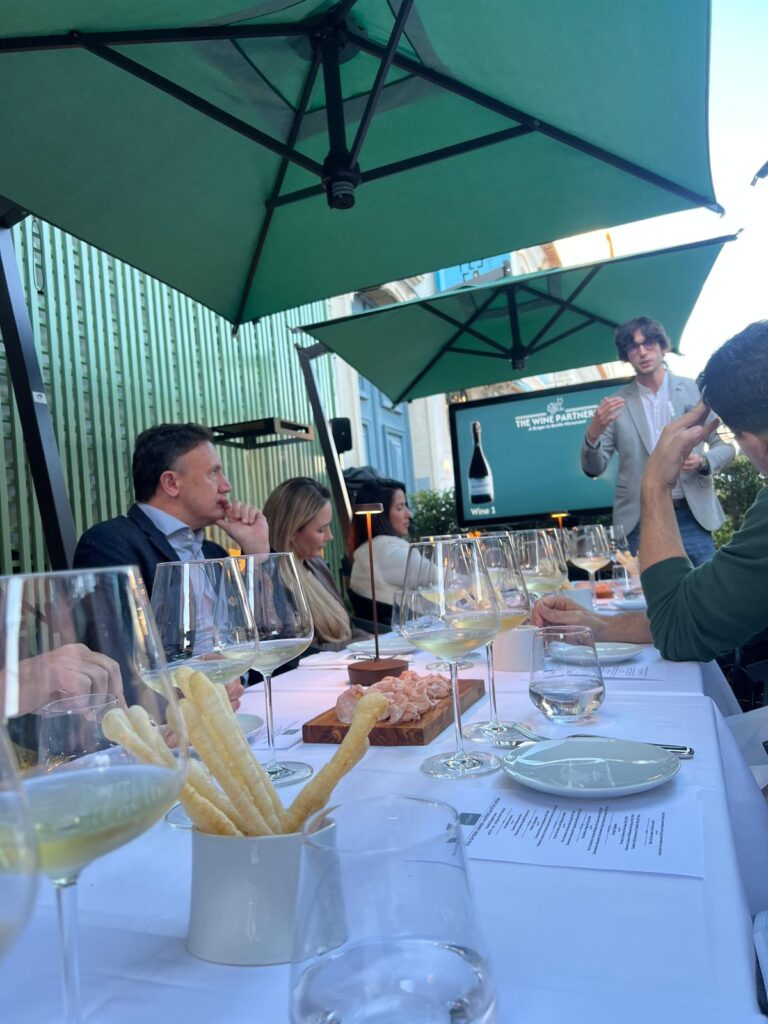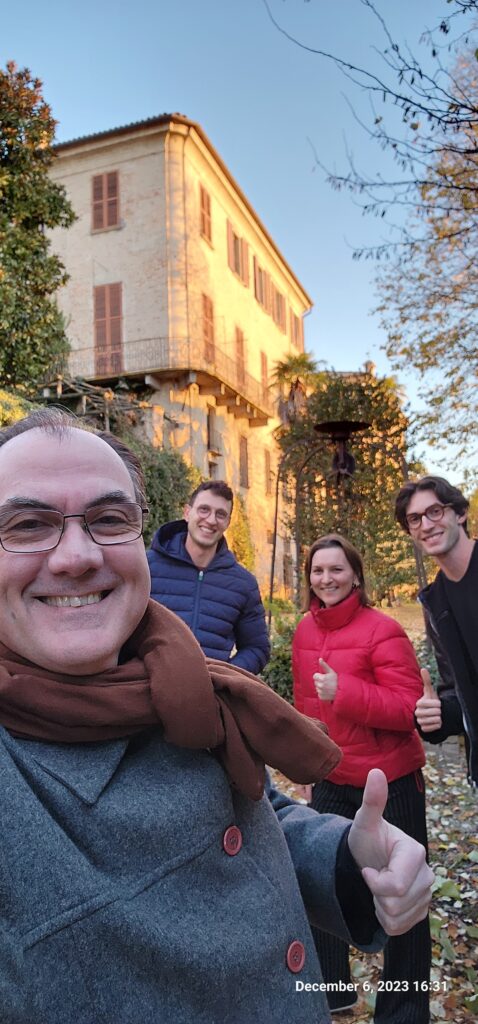Meet the Team: An Interview with Francesco Altare – PhD Student, Sustainable Viticulture and Senior Consultant for The Wine Partners
TWP: Francesco, tell us a bit about what you’re researching right now in your PhD.
I’m studying how certain plant pathogens (especially Plasmopara viticola, the one responsible for downy mildew in grapevines) develop resistance to fungicides. Alone, this disease can wipe out up to 75% of a harvest if left unmanaged. What makes this research urgent is the pace at which these pathogens are adapting: year after year, we’re seeing more cases of reduced fungicide efficacy, making it harder to protect vines effectively. At the same time, climate change is making organic viticulture more fragile—weather extremes are pushing natural disease control methods to their limits. That’s why digging deep into the biology of resistance matters so much: it’s about staying one step ahead, designing smarter, more resilient strategies to keep vineyards healthy and sustainable in a rapidly changing world.
TWP: What led you down this path—how did your studies and work experiences shape your approach?
I studied Viticulture and Enology both at undergraduate and master’s level, and I’ve always worked closely with wine—from the vineyard to the cellar. Over time, I felt a strong pull toward understanding the science behind the problems we often just “work around” in practice. Working in organic and biodynamic wineries made me realize that sustainability isn’t a trend, it’s a mindset. That shaped how I see my role: not just as a researcher, but as someone who connects academic knowledge to real-world viticulture.
TWP: Why did you decide to join The Wine Partners?
Because it doesn’t feel performative—it feels honest. When Mauricio and I met and he pitched me the idea and made the invitation I knew it was going to be a successful endevour and I wanted to be part of it. Too often, wine communities revolve around status or aesthetics. The Wine Partners feels like a return to roots: sharing knowledge, ideas, and passion without pretension. I love that it brings people into the places where wine actually happens—vineyards, cellars, conversations. That’s the kind of space I want to be part of and I am happy to be on the the team.
TWP: What do you hope to contribute to the project?
In addition to the more obvious part which is connecting Members and Wineries and helping execute the plan, I want to bring clarity to the scientific side of wine—not through lectures or technical manuals, but by making it relatable. People don’t need to be scientists to understand how downy mildew works or why a certain decision in the vineyard affects the wine’s soul. If I can help bridge that gap, I think we can cultivate not just better-informed drinkers, but also a generation that respects and protects the ecosystems behind every bottle.




